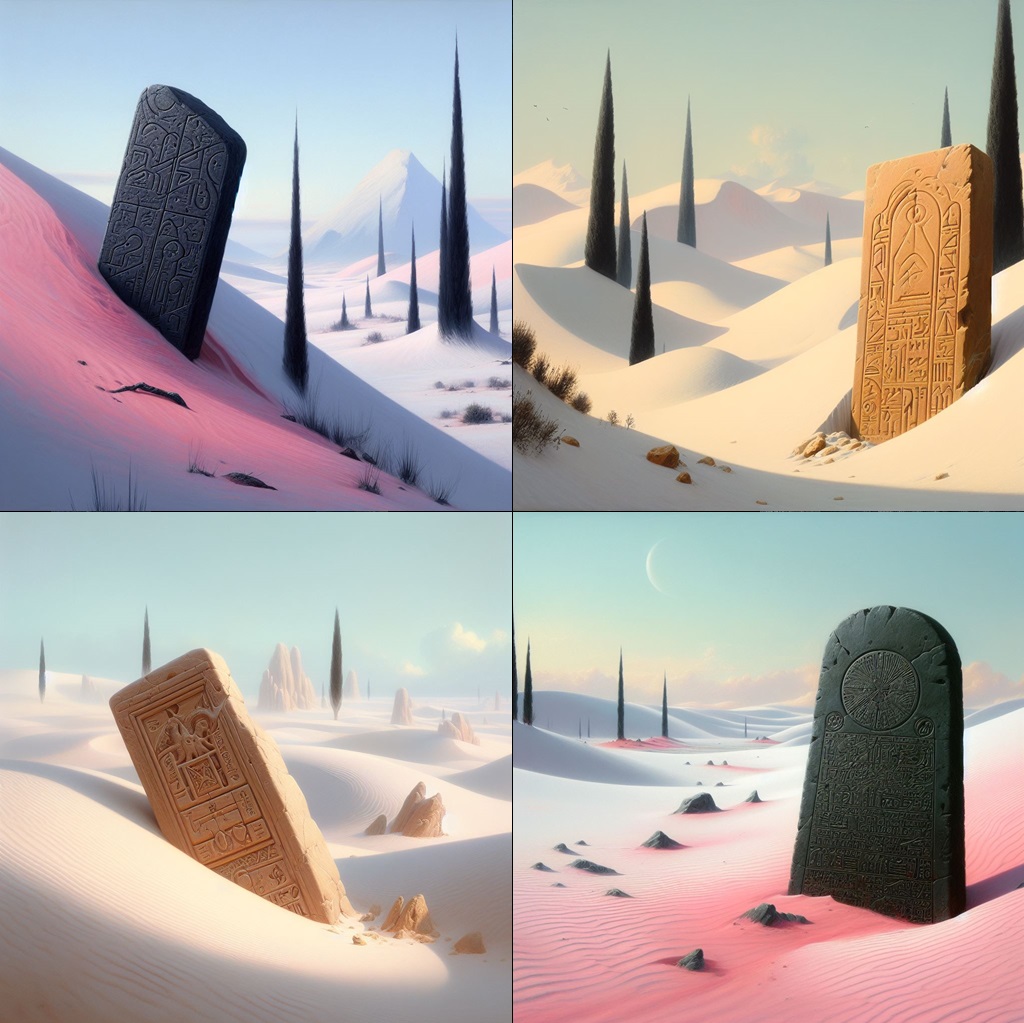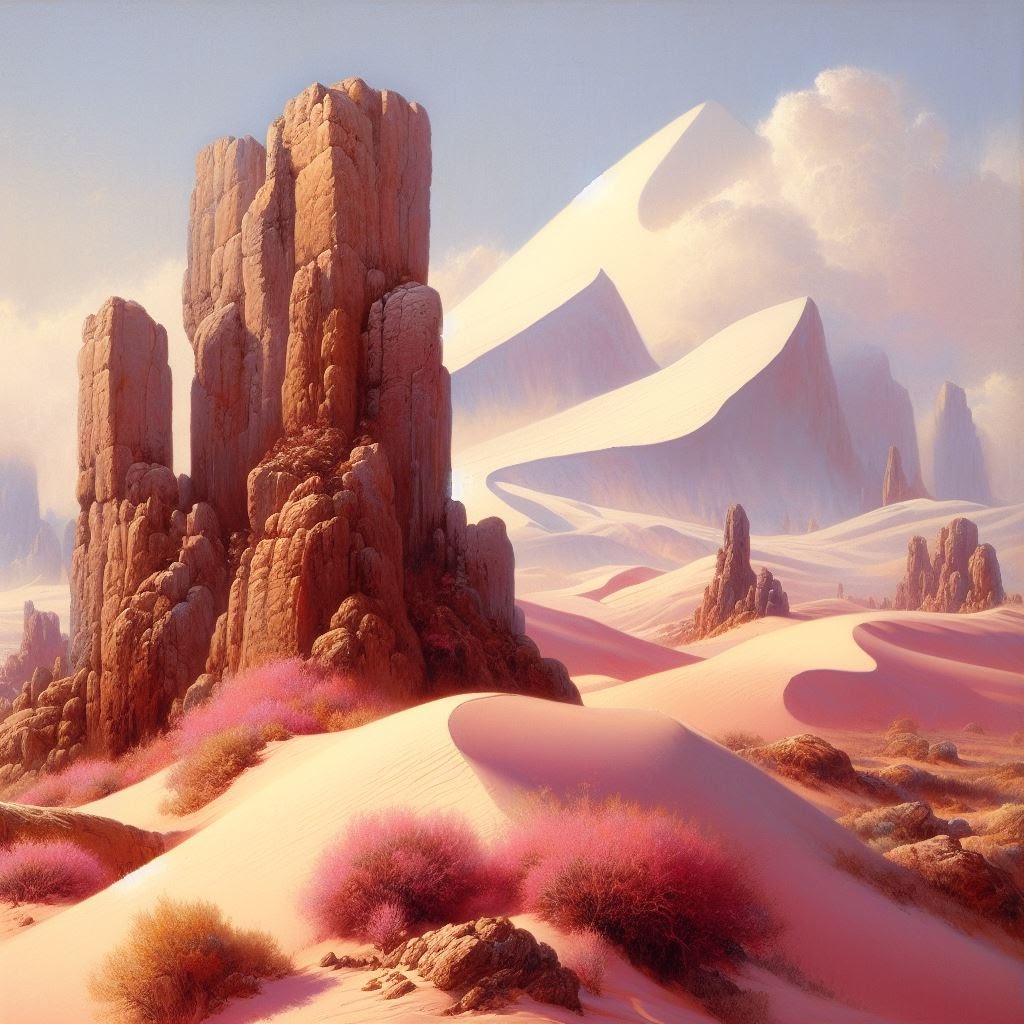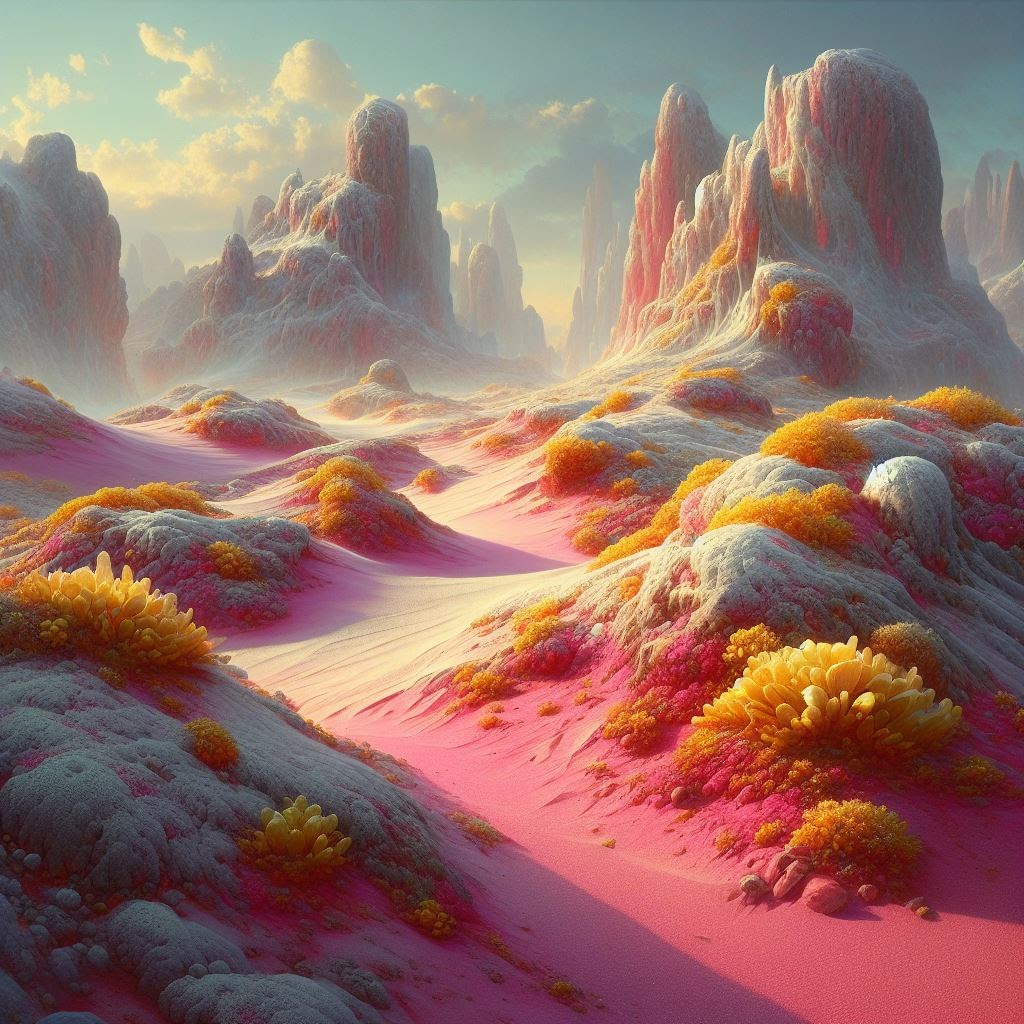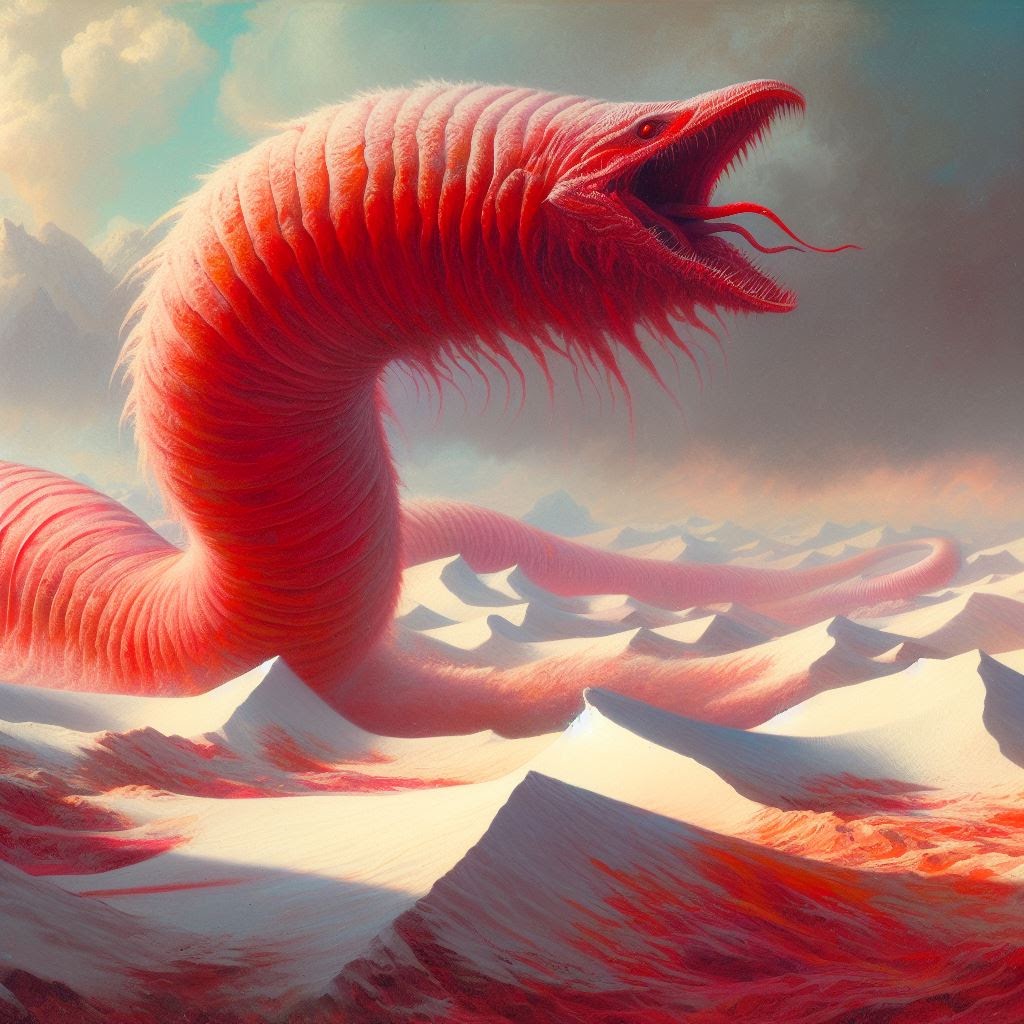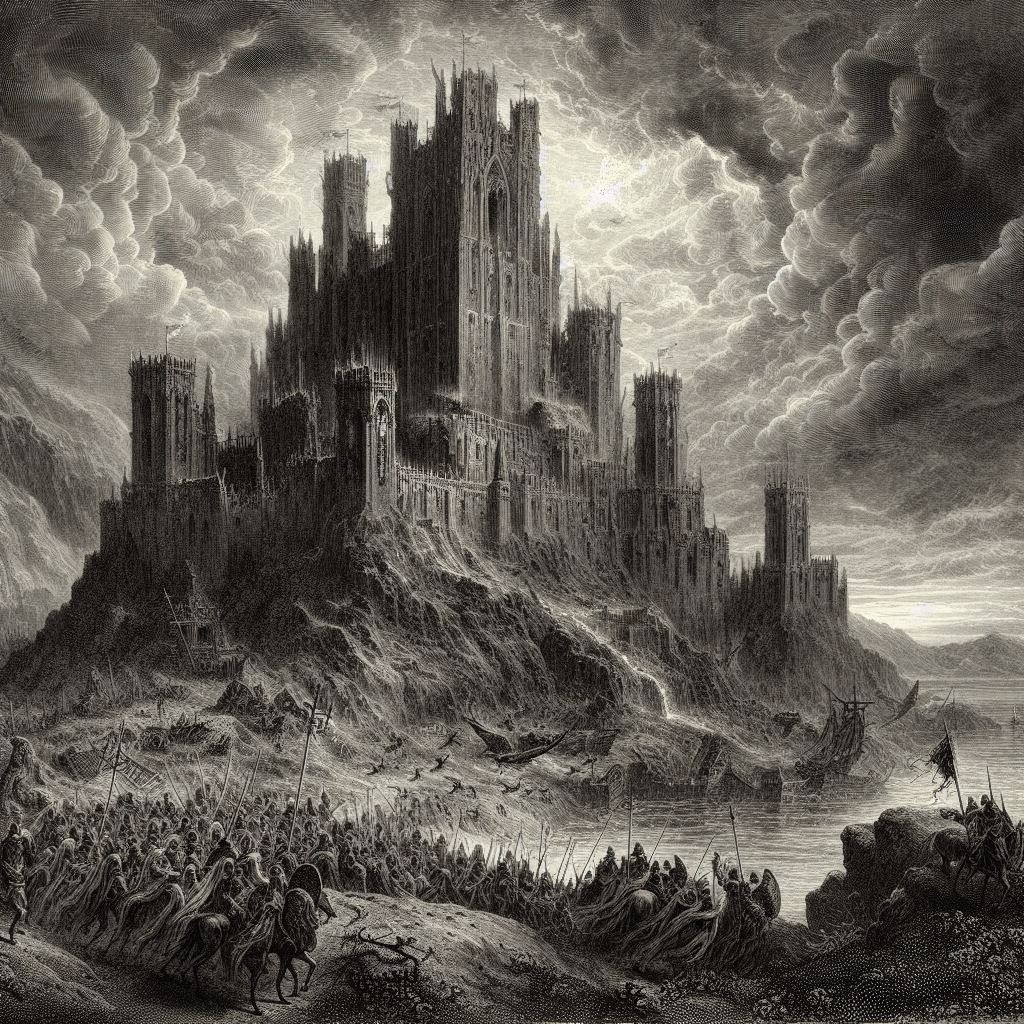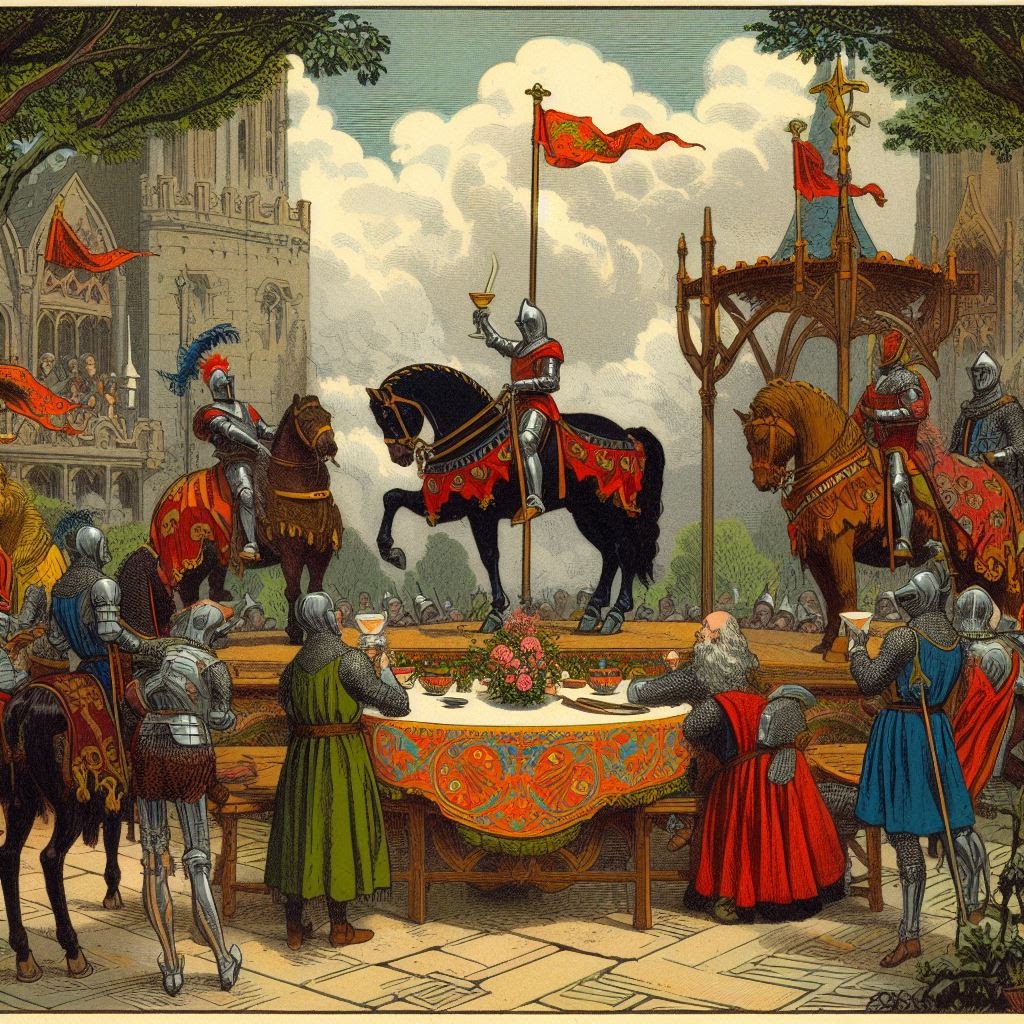The Duke
As a young man, Qinshi knelt by the bedside of his dying father, the old Duke. The Black Wolf's hair had long since turned white, but his grip had lost none of its strength as he grasped his son's hand. He refused to die until Qinshi swore to see the war through to the end. And so, fired with the fervor of youth, the young man swore before Heaven and Earth to install the true heir on the throne of Liangyu.
That was long ago. Since taking up the obsidian scepter, he has lost brothers and friends to the war. Most recently he buried a son, and he still wears white mourning garments. He is beginning to feel his age, and the hairs of his beard have begun to grey.
His vow constrains him. Such a thing is not lightly cast off. But in his heart has has begun to loathe it, resentment gnawing at him like a cancer. He feels trapped in a war he cannot win, for a cause that will do him little good. Yet breaking the vow and abandoning the war would hold perils of its own. His oath was made before gods and men, and to walk away from it would be a great breach of loyalty, a betrayal of his people. Furthermore, if his three cousins do not conquer the East, he fears they may turn on the West and take his domain for themselves. And so he bides his time in frustration, weary of counsels and campaigns.
All this he keeps in his heart. To the world Duke Qinshi is a stone-faced politician, maintaining the customs and policies of his ancestors. His duties extend not only to the oversight of the realm and the prosecution of the war but also to the clan at large. As senior member of the clan he is responsible for keeping the various branches of the family in line. Marriages of clan members must be approved by him first, although this is usually a formality in all but the most important cases. He also presides at funerals and the spring ritual honoring the family's ancestors at Hei Chao. And every year he travels to keep the Autumn Feast in Zhigen.
The City
Zhigen is built on a low hill, bounded by a long bend of the river on its west, south, and east sides. It began as a collection of huts along the riverbank, and became a trading hub for the scattered settlers of this rugged land. Over time it grew in wealth and prestige, an outpost in the wilderness, overseen by an honorable family, the ancestors of the Huo and the Shan. On the crest of the hill they built a stronghold, the House of Weathered Boughs. The north side of the hill became dotted with their tombs, and the ancestral hall was filled with their memorial tablets.
When a man dies, his spirit goes to be with his fathers, and his children inscribe his name on a memorial tablet. The tablet is placed in the ancestral hall alongside those of his father and grandfather, as far back as the founding of that particular branch of the clan. Though his remains crumble to dust, it is believed that part of his spirit remains within his memorial tablet, providing a link to the next world. Ancestors are believed to represent the interests of their descendants to the Lord of Heaven in the High Courts of the afterlife.
The rulers of Zhigen became the clan we now call the Huo. When the Huo left Zhigen to rule in the east, they packed up the ancient memorial tablets into ox carts. But when it came to the oldest tablets, the ones of the ancestors both Shan and Huo claimed descent from, the cart broke down and the oxen refused to move. An oracle was consulted and it appeared that these ancestors were reluctant to leave the city they had spent so much time and toil to build. So it was agreed that these memorial tablets would remain at Zhigen in the Hall of the First Fathers. A member of the Shan would be appointed to watch over them, and every autumn the Huo King and the Duke of Shan would come to pay their respects. (In these days, of course, the King and his court do not attend, and the Huo clan are represented solely by the Three Princes, their households, and a handful of relatives who have come over to their side.)
Over the generations, the prosperity of the Huo Dynasty was attributed in large part to the intercession of the First Fathers. They came to be viewed as powerful and benevolent patrons. Petitions to their shrine came from all over the province, and for a time from the the entire kingdom. Anyone of that bloodline could expect a hearing, but so could loyal retainers of the King-- ostensibly any of the King's good vassals. Pilgrims flocked to the city, which grew to accommodate them. Many donations were made in hopes of (or in gratitude for) favorable outcomes. The temple became wealthy, and the role of Custodian was highly sought after.
Often given to a cousin of the Duke of Shan, the lucrative position attracted cynical and self-serving men. Corruption bred there. But every so often a man of piety would, against all odds, receive the post and weed out the worst offences. Such a man is the current Custodian, Yanshi.
The Priest
Yanshi seems to be that rarest of all things, a good man. He is driven by his duty to both gods and men, and his fervor for both is self-evident. He has abolished the entrance fee to the Temple, and spends long days listening to and counseling petitioners. Both lowborn and high find an open ear and much counsel. He is learned in the ancient songs and tales, but seems to also be a keen observer of men. He is well spoken of in all places.
Yanshi has very nearly succeeded in rooting out corruption from the city's priesthood. He insists that the temple should be allowed to choose its own Custodian rather than remain at the mercy of court politics. In this way, he hopes, Zhigen may maintain its noble purpose with due reverence for the gods and compassion for mankind. The Duke is skeptical that such a move would truly do much to stave off the corruptions that keep cropping up in the city. And he is keenly aware that such autonomy could eventually prove a threat to the realm. On this matter there is no harmony between the two men.
There is a further matter which divides them. As the Custodian of Zhigen, Yanshi is more sensitive than most to the ancient ties between the Huo and the Shan. To him they are close kinsmen, and he sees the war as nothing but evil, infighting between two branches of the same tree. He is obedient to the Duke as head of the family, but he considers it his outspoken duty to argue constantly for peace. He can quote the exact verses from the Book of Odes which support his ideas, and does so often-- sometimes without preamble. It is said that he enters the Hall daily and remonstrates with the ancestors about the state of the war, now scolding, now pleading. Yet he maintains his loyalty to the clan and gives aid and support to the army whenever they come through.
While privately the Duke feels that Yanshi may be right about the war, he also bitterly resents him for pressuring him when he already feels so conflicted. Yanshi, meanwhile, views the Duke's vow as a weight dragging the realm deeper and deeper into chaos. These two major issues have exacerbated a host of petty disputes between the two, causing even small sparks to blaze into searing flames. The Autumn Feast has become an awkward and uncomfortable affair for nearly everyone involved. At the most recent one harsh words were exchanged, and the two men nearly came to blows in the Hall itself. The growing rift between these two influential men can only spell trouble for the realm. Any public action by one against the other would be a terrible scandal due to their positions and reputations in the clan. Certainly it is hard to imagine a loyal son of the Shan willingly seeking to harm either of them. But the war has brought many strangers into the realm as mercenaries or auxiliaries. Who can say where a careless word may lead?



